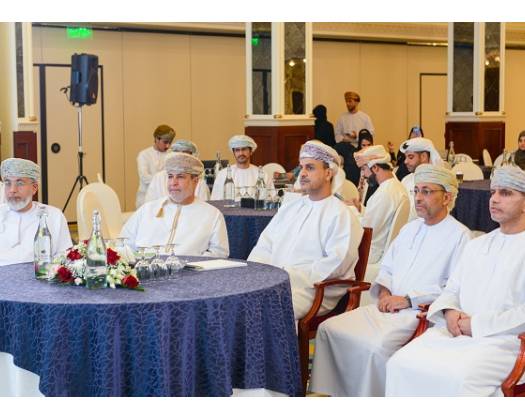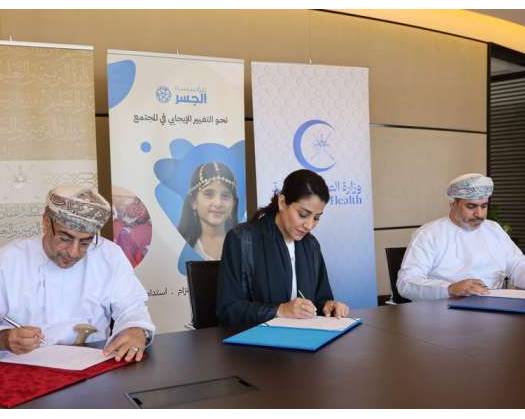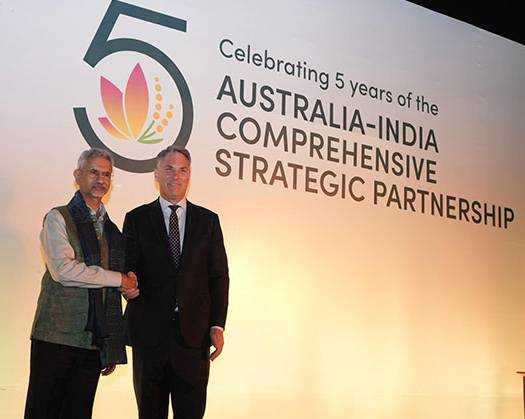Muscat: The Environment Authority announced that over 400,000 invasive birds have been eradicated as of January 23, 2024, as a significant achievement of the National Campaign to Combat Invasive Birds project.
During the press conference titled "Environmental Harvest for the Year 2023," the Environment Agency provided an overview of various projects, initiatives, accomplishments, environmental performance indicators, and statistics attained throughout the previous year.
The Authority highlighted the initiation of numerous projects aimed at safeguarding, conserving, and sustaining natural resources, as well as the preservation and rehabilitation of diverse wildlife species through advanced scientific methods within the local ecosystem.
Furthermore, the Authority emphasized the establishment of a gene bank to safeguard the genetic heritage of wild animals. This initiative holds economic value by preserving the genetic material off-site, ensuring its sustainability for a period of three years.
Regarding the National Biodiversity Survey Project, the Authority revealed that 714 sites were surveyed, documenting a total of 40 species across an area of 26,600 km2, representing a coverage percentage of 75 percent.
In terms of environmental progress, the Authority noted a significant increase in tree cover area within the Dhofar Governorate, with a growth rate of 5.09 percent compared to 1994. Additionally, the forest coverage percentage survey project reported a land area of 6.8 percent, aiming to combat the escalating issue of desertification in the governorate's mountainous regions.
Lastly, the Environment Authority disclosed that a total of 442,440 invasive birds, including 369,576 mynas and 72,864 crows, have been successfully eliminated as part of the National Campaign to Combat Invasive Birds project, marking a significant milestone in preserving the local ecosystem.
According to the Authority, the project called "National Annual Programme for Monitoring Pollutants in the Marine Environment" aims to evaluate the seawater and bottom sediments' quality and identify the sources of pollutants in 19 coastal governorate sites. One of its notable findings is a slight rise in mercury levels in the bottom sediments of Muscat and Al Wusta. Additionally, there has been monitoring of a small percentage of cadmium concentration in the Wilayat of Duqm, which is lower than the global standard concentration. Moreover, there has been an increase in the concentration of chromium, aluminium, nickel, and iron in the bottom sediments in the northern part of the Sultanate, specifically in the ophiolite flow region.
EA stated that the project "Marine Mammal Species Survey in Musandam Governorate" aims to determine the types and distribution areas of marine mammals in the governorate. During the project's duration of three years, two types of marine mammals were observed 19 times. Furthermore, three awareness campaigns and two introductory workshops were conducted to raise awareness about the project. Additionally, 17 individuals received training in surveying work.
In the category of environmental pollution protection, a total of eight projects were implemented. These projects include "Inventorying radioactive sources and creating a comprehensive database," "National Chemicals Management Strategy," "National Waste Management Register Project," "Study of Mercury and its Compounds," "National Inventory Project for Hazardous and Non-hazardous Waste," "Establishing a Water and Soil Monitoring System," "Study of Noise Levels in Public Places in the North and South Batinah Governorates," and "Study and evaluation of the current efficiency of combustion burners in industrial establishments and concession areas (first phase)."
EA has confirmed that the National Zero Neutrality Program, specifically designed for projects, serves the purpose of monitoring various key sectors such as oil, gas, electricity, industry, transportation, cities, and buildings. The program aims to achieve zero neutrality by striking a balance between environmental sustainability and social and economic impact. Additionally, it aims to reduce energy costs and ensure a secure energy supply.
According to the Environment Authority, as part of the 10 million tree planting project, the number of wild trees planted has exceeded 132,980, while the total number of seeds planted has reached an impressive 11,126,876. However, it is worth noting that there have been 603 environmental violations, along with 518 complaints and 88 reports submitted to the Environmental Emergency Center.













